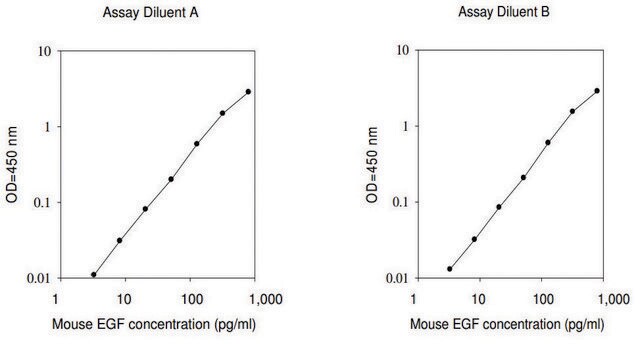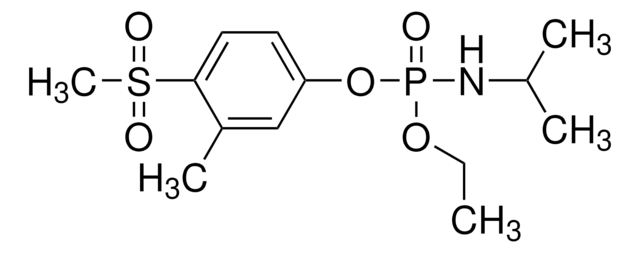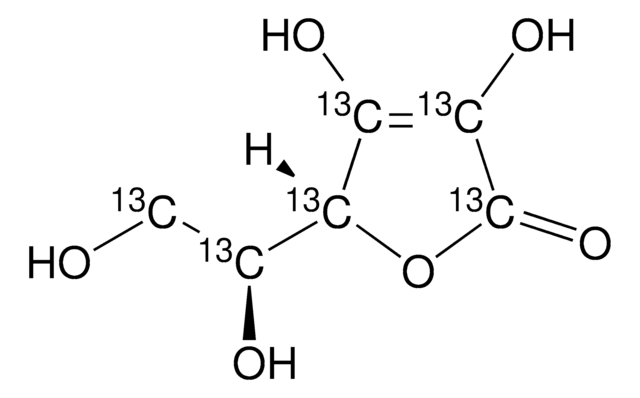RAB0938
Phosphotyrosine BTK / Tyrosine-protein Kinase BTK ELISA Kit
Sign Into View Organizational & Contract Pricing
All Photos(1)
About This Item
UNSPSC Code:
41116158
NACRES:
NA.32
Recommended Products
species reactivity
human
technique(s)
ELISA: suitable
assay range
inter-assay cv: <10%
intra-assay cv: <12%
shipped in
wet ice
storage temp.
−20°C
Gene Information
human ... BTK(695)
General description
Bruton tyrosine kinase (BTK) belongs to the Tec family of kinases. It is expressed in multiple hematopoietic cells. It plays a role in B-cell activation, maturation, development, and B-cell receptor (BCR)-signaling. Mutations in the BTK gene are associated with an inherited disorder, X-linked agammaglobulinemia. The BTK gene is located on the human chromosome at Xq22.1.
The antibody pair provided in this kit recognizes Human Tyrosine-Phosphorylated-BTK.
Application
For research use only. Not for use in diagnostic procedures.
Please refer to the attached General ELISA KIT Procedure (sandwich, competitive & Indirect ELISA)
Please refer to the attached General ELISA KIT Procedure (sandwich, competitive & Indirect ELISA)
Kit Components Also Available Separately
Product No.
Description
SDS
- RABHRP6Phosphotyrosine ELISA HRP-StreptavidinSDS
Signal Word
Warning
Hazard Statements
Precautionary Statements
Hazard Classifications
Met. Corr. 1
Storage Class Code
8A - Combustible corrosive hazardous materials
Flash Point(F)
Not applicable
Flash Point(C)
Not applicable
Choose from one of the most recent versions:
Certificates of Analysis (COA)
Lot/Batch Number
Sorry, we don't have COAs for this product available online at this time.
If you need assistance, please contact Customer Support.
Already Own This Product?
Find documentation for the products that you have recently purchased in the Document Library.
Sarah E M Herman et al.
Blood, 117(23), 6287-6296 (2011-03-23)
B-cell receptor (BCR) signaling is aberrantly activated in chronic lymphocytic leukemia (CLL). Bruton tyrosine kinase (BTK) is essential to BCR signaling and in knockout mouse models its mutation has a relatively B cell-specific phenotype. Herein, we demonstrate that BTK protein
Our team of scientists has experience in all areas of research including Life Science, Material Science, Chemical Synthesis, Chromatography, Analytical and many others.
Contact Technical Service






